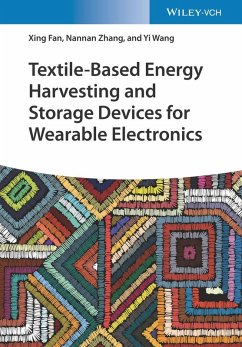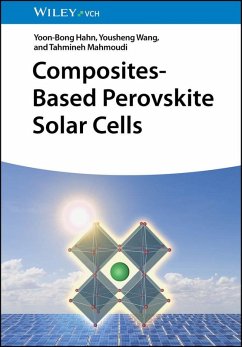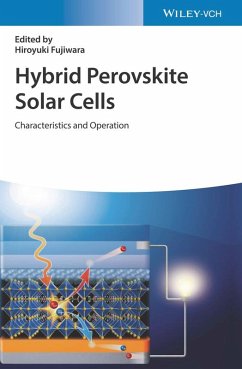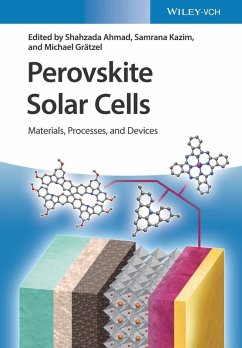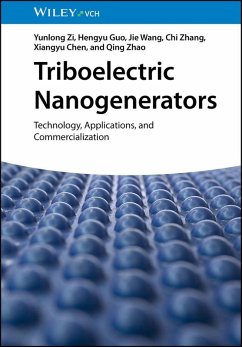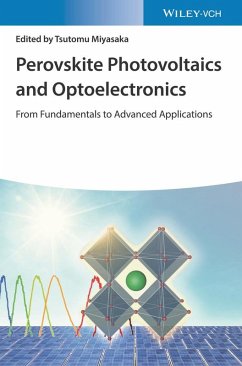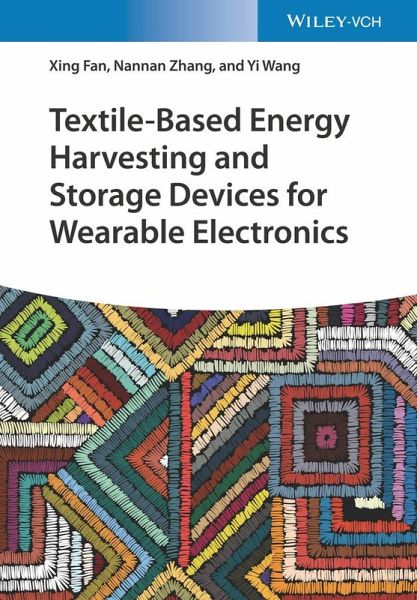
Textile-Based Energy Harvesting and Storage Devices for Wearable Electronics (eBook, PDF)
Versandkostenfrei!
Sofort per Download lieferbar
144,99 €
inkl. MwSt.
Weitere Ausgaben:

PAYBACK Punkte
0 °P sammeln!
This book summarizes the advancement of various fiber-type and textile-type energy harvesting and storage devices, focusing on the function performance, device fabrication, integration and function expansions.
Dieser Download kann aus rechtlichen Gründen nur mit Rechnungsadresse in D ausgeliefert werden.




